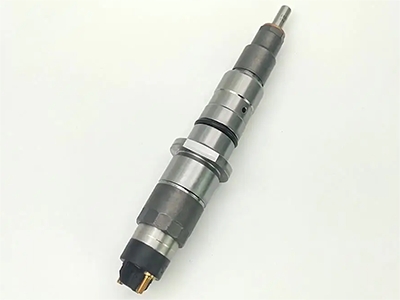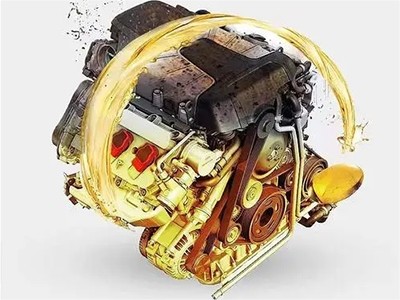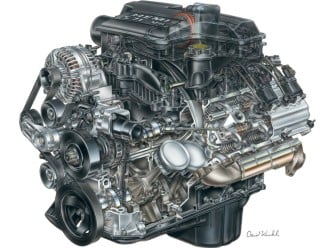The Importance of Coordinated Performance in a Fuel System
In modern vehicles, the fuel system plays a critical role in delivering the necessary amount of clean fuel to the engine for efficient combustion. Among the key components of this system, the fuel pump, fuel injectors, fuel tank, and fuel filter work together in harmony to ensure optimal performance.
The Fuel Pump:
The fuel pump serves as the heart of the fuel system, responsible for extracting fuel from the tank and providing it to the injectors at the required pressure and flow rate. It is crucial for the fuel pump to deliver adequate performance to meet the demands of the engine. Insufficient flow or pressure may lead to fuel starvation, resulting in reduced power and performance.

Working in conjunction with the fuel pump, the fuel injectors precisely spray fuel into the engine's combustion chambers. They rely on the fuel pump to deliver the correct pressure and flow rate for optimal atomization and combustion efficiency. Proper coordination between the fuel pump and injectors ensures accurate fuel delivery, promoting smooth engine operation and minimizing emissions.
Fuel Tank:
The fuel tank acts as a reservoir for the fuel supply. It must maintain an adequate fuel level to sustain the continuous operation of the fuel pump. Furthermore, the tank should be designed to provide proper ventilation, allowing air to replace the consumed fuel and prevent the formation of a vacuum that could impede fuel flow. A well-coordinated fuel tank ensures a consistent and reliable fuel supply to the pump, enabling seamless engine performance.
The fuel filter plays a vital role in maintaining the cleanliness of the fuel being supplied to the engine. It captures impurities, such as dirt particles and debris, preventing them from reaching the fuel pump and injectors. By ensuring clean fuel, the fuel filter safeguards the performance and longevity of these components, ultimately benefiting the entire fuel system.
A properly functioning fuel system requires the coordinated performance of its key components: the fuel pump, fuel injectors, fuel tank, and fuel filter. The fuel pump must deliver adequate flow and pressure, while the injectors precisely atomize the fuel for efficient combustion. The fuel tank ensures a steady supply of fuel, and the fuel filter keeps the system clean and free from contaminants. Neglecting any of these components or their coordination can lead to decreased engine performance, increased emissions, and potential damage to the entire fuel system.
Regular maintenance, including inspecting and replacing worn-out components, is crucial to keep the fuel system in optimal condition.













